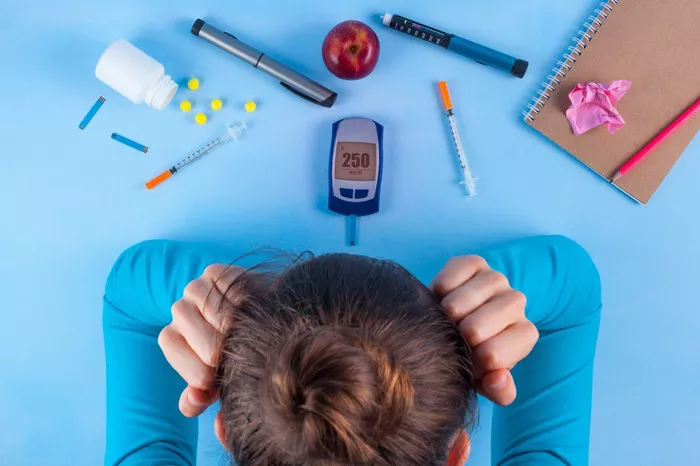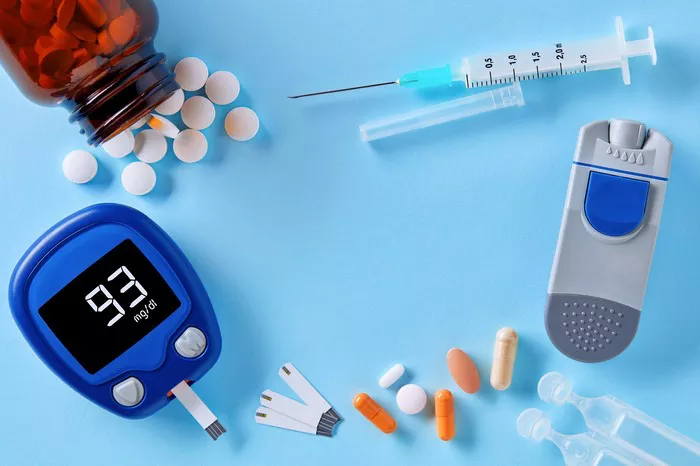Living with diabetes requires a careful balance of diet, exercise, and medication to manage blood sugar levels and prevent complications. With a plethora of diabetes medications available, it’s essential to understand which options are considered the safest and most effective.
In this article, we’ll explore the landscape of diabetes medications, highlighting the safest choices and their potential benefits.
Understanding Diabetes Medications: A Diverse Toolkit
Diabetes medications come in various forms, each with its own mechanism of action and potential side effects. From oral medications that help the body use insulin more effectively to injectable therapies that mimic the effects of insulin, there’s no shortage of options for managing diabetes.
When it comes to safety, certain classes of diabetes medications are considered preferable due to their low risk of adverse effects and proven track record in clinical trials. These medications are often recommended as first-line treatments for diabetes, especially for individuals with newly diagnosed or mild cases of the condition.
1. Metformin
Most experts consider metformin to be the safest medicine for type 2 diabetes. Metformin belongs to a class of medications known as biguanides and works by improving insulin sensitivity, reducing the liver’s production of glucose, and slowing down glucose absorption in the intestines.
One of the key reasons metformin is considered the safest option for diabetes treatment is its long history of use and extensive safety profile. Unlike some other diabetes medications, metformin is not associated with weight gain or an increased risk of hypoglycemia (dangerously low blood sugar levels), making it a preferred choice for many healthcare providers.
2. Sulfonylureas
Another class of diabetes medications that is considered relatively safe and effective is sulfonylureas. These drugs work by stimulating the pancreas to release more insulin, thereby lowering blood sugar levels. While sulfonylureas have been around for decades and are generally well-tolerated, they do carry a higher risk of hypoglycemia compared to metformin.
Despite this risk, sulfonylureas remain a popular choice for diabetes treatment, particularly for individuals who have difficulty tolerating metformin or require additional blood sugar-lowering medications. Like metformin, sulfonylureas are available in oral form, making them convenient and accessible for many patients.
3. DPP-4 Inhibitors
Dipeptidyl peptidase-4 (DPP-4) inhibitors are a newer class of diabetes medications that work by increasing insulin secretion and decreasing glucagon production, leading to lower blood sugar levels. Unlike some other diabetes medications, DPP-4 inhibitors have a low risk of causing hypoglycemia and are generally well-tolerated.
One of the advantages of DPP-4 inhibitors is their ability to improve blood sugar control without causing significant fluctuations in weight or increasing the risk of hypoglycemia. This makes them an attractive option for individuals who are concerned about these potential side effects or who have a higher risk of hypoglycemia.
4. GLP-1 Receptor Agonists
Glucagon-like peptide-1 (GLP-1) receptor agonists are injectable medications that mimic the effects of GLP-1, a hormone that stimulates insulin secretion and suppresses glucagon release. By targeting multiple pathways involved in blood sugar regulation, GLP-1 receptor agonists offer a comprehensive approach to diabetes management.
In addition to lowering blood sugar levels, GLP-1 receptor agonists have been shown to promote weight loss and improve cardiovascular health, making them an attractive option for individuals with diabetes who are overweight or at risk of heart disease. However, like all injectable medications, GLP-1 receptor agonists may be less convenient for some patients compared to oral medications.
5. SGLT-2 Inhibitors
Sodium-glucose cotransporter-2 (SGLT-2) inhibitors are a relatively new class of diabetes medications that work by blocking the reabsorption of glucose in the kidneys, leading to increased excretion of glucose in the urine. By harnessing the power of the kidneys to remove excess glucose from the body, SGLT-2 inhibitors help lower blood sugar levels and promote weight loss.
One of the unique benefits of SGLT-2 inhibitors is their ability to reduce the risk of heart failure and cardiovascular events in people with type 2 diabetes, making them an attractive option for individuals with underlying heart disease or a high risk of cardiovascular complications.
6. Individualized Treatment
While the diabetes medications mentioned above are generally considered safe and effective for most people, it’s essential to remember that every individual is unique, and what works for one person may not work for another. When it comes to managing diabetes, a personalized approach is key.
Your healthcare provider will consider various factors, including your medical history, lifestyle, and preferences, when determining the most appropriate diabetes treatment for you. They may also recommend a combination of medications or lifestyle modifications to achieve optimal blood sugar control and minimize the risk of complications.
Conclusion
While metformin remains the gold standard in diabetes treatment, other classes of medications, such as sulfonylureas, DPP-4 inhibitors, GLP-1 receptor agonists, and SGLT-2 inhibitors, offer valuable alternatives for individuals who may not tolerate or respond to metformin alone.
Ultimately, the safest diabetes medication is one that helps you achieve and maintain optimal blood sugar control while minimizing the risk of adverse effects. By working closely with your healthcare provider and staying informed about the latest advances in diabetes treatment, you can take proactive steps to manage your condition and live a healthier, more fulfilling life.


























